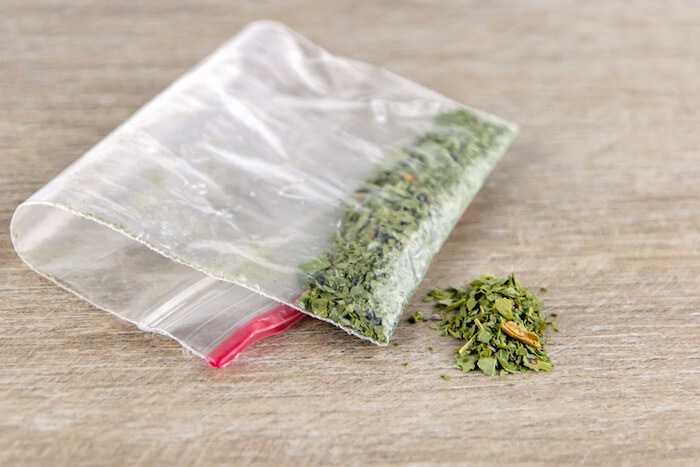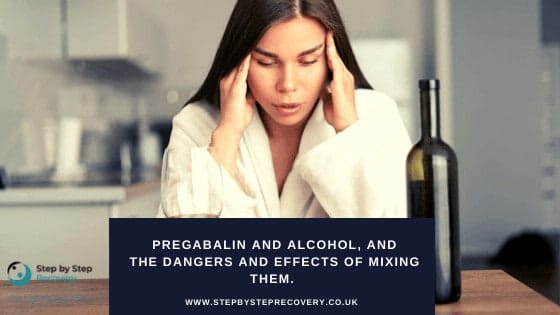If you have been diagnosed with attention deficit hyperactivity disorder (ADHD) or are concerned you could have ADHD and you drink alcohol, it is important to be aware of how alcohol may affect you. In this post, we will explain how ADHD and alcohol could impact you and what to do if you think you may be struggling with ADHD symptoms or you are concerned about ADHD and substance abuse.
What Is ADHD?
ADHD disorder affects the functioning of the executive functions controlled by the prefrontal lobe and is often identified by an inability to concentrate. However, ADHD impacts more than concentration, so if you may have ADHD, you will likely also struggle with other ADHD symptoms, such as poor impulse control, impaired problem-solving abilities and memory problems.
ADHD and Alcohol
Research indicates that having ADHD and alcohol addiction is common for various reasons. When someone with ADHD drinks alcohol, the effect can be severe because alcohol affects the same part of the brain, the prefrontal lobe. Consequently, even a small amount of alcohol that would not normally have much impact can result in a complete loss of impulse control, reasoning and emotional dysregulation. This, in turn, can lead to a lack of control over how much alcohol you drink and how often, leading to the development of alcohol use disorder.
ADHD has also been linked to addiction to cannabis and many other substances, but not everyone with ADHD will also struggle with addictions. However, ADHD and alcohol abuse are frequently co-occurring disorders and it’s increasingly recognised that ADHD increases the risk of developing an addiction.
You may have started drinking to cope with symptoms of ADHD either before or after a diagnosis, believing that alcohol helps you to calm down, sleep better or feel more confident when socialising. Although it is possible to drink alcohol in moderation and have ADHD, it is critical to be aware you are at risk of becoming addicted.
Alcohol use disorder (AUD) generally happens gradually and can be extremely difficult to recognise. You may be a functioning alcoholic and not realise alcohol and ADHD can lead to addiction. One way to check you are not drinking too much is to keep a record of every day you drink and the days you wake up with a hangover. Drinking every day or most days, with or without ADHD, is often the first sign you could have a problem with alcohol. When you combine this with waking up with a hangover, this is a pretty strong indication you may not be in control of your alcohol consumption.
Alcohol and ADHD Medications
ADHD medications are stimulants that speed up the central nervous system (CNS). Combining ADHD medications with alcohol is extremely dangerous as alcohol is a depressant that slows down the CNS.
Dangers of mixing ADHD medication and alcohol include:
- Increased blood pressure
- Cardiovascular (heart) failure
- Risk-taking and behaviour that puts you in danger
- Alcohol poisoning, as certain ADHD medications reduce the effect of alcohol, resulting in excessive drinking.
How to Get an NHS Diagnosis for ADHD
The symptoms of ADHD in adults are sometimes misdiagnosed as mood disorders such as bipolar, borderline personality disorder or even a substance-induced mood disorder if you drink alcohol or use drugs recreationally.
In the UK, you can get a free NHS ADHD diagnosis. The first step is to book an appointment with your GP to explain the symptoms you are struggling with. It can be helpful to keep a diary of how you feel and if you drink alcohol or use any substances. Note down when you use them and how you feel beforehand.
Your diagnosis for ADHD will be requested by a community mental health team and made by an ADHD specialist neurobehavioural psychiatrist. Unfortunately, there is likely to be a long waiting list for a referral. Another option is to pay for a private ADHD diagnosis; however, it may be difficult to access NHS ADHD care with a private diagnosis. For more information about ADHD diagnosis, see the AADD-UK website — a helpful resource. Once your referral has been accepted, there might be a long waiting list until your assessment.
If you or a loved one struggles with ADHD and a co-occurring alcohol or substance abuse problem, we offer free advice and help if you are worried about addiction. Please complete our online assessment form or call our free phone number on 0800 170 1222 to speak with our friendly team at Step by Step Recovery without any pressure.




